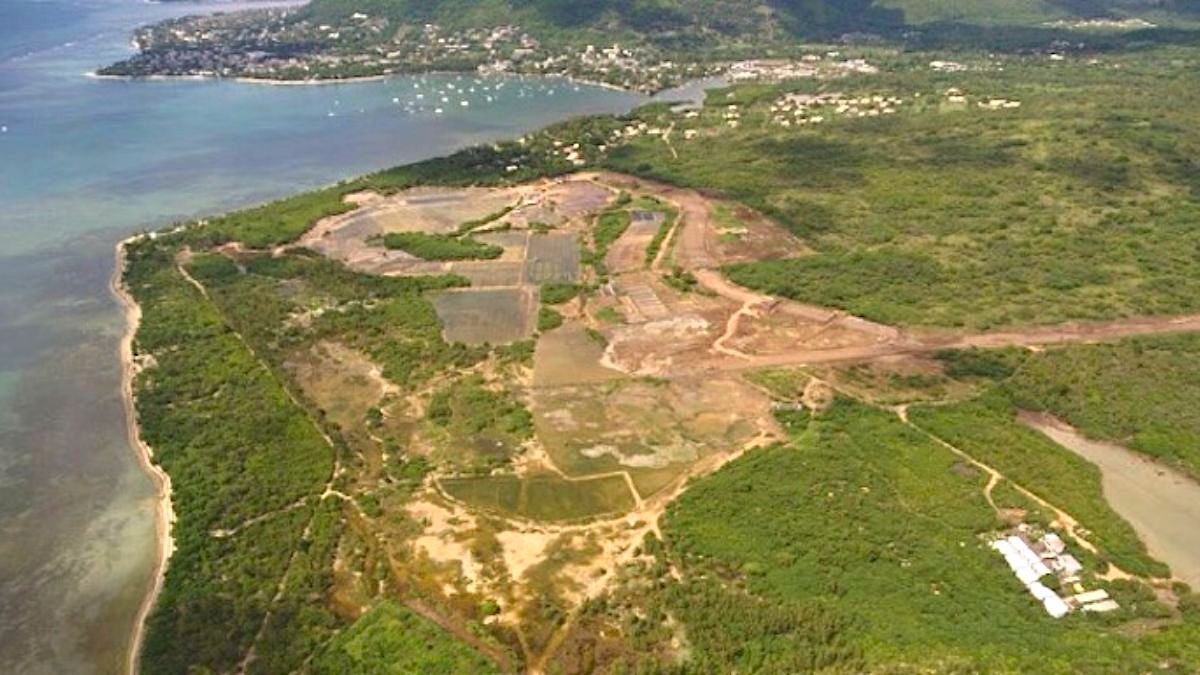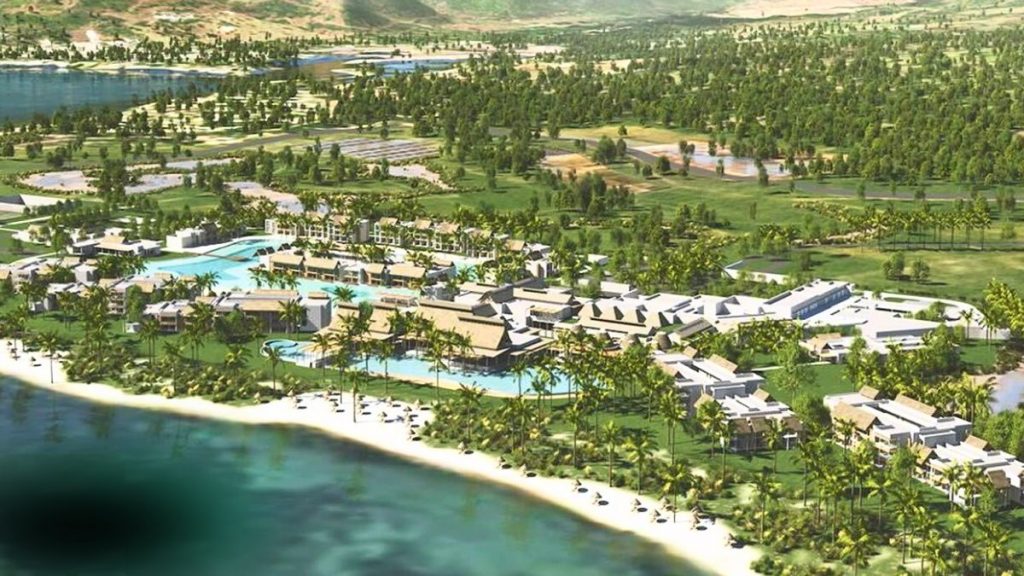News
Beachcomber Loses New Battle Over Controversial Hotel Project

New Mauritius Hotels (NMH) – which operates under the trade name Beachcomber – has lost its case against leftist political today Rezistans & Alternativ (ReA) in the Supreme Court regarding the Les-Salines Geometric Steps controversy.
Judges Iqbal Maghooa and Johan Moutou-Leckning ruled in favour of the three ReA activists, David Sauvage, Stephan Gua, and Kugan Parapen, deciding that the Environment and Land Use Appeal Tribunal (ELUAT) should re-examine their challenge to the Environmental Impact Assessment (EIA) permit issued by the Ministry of Environment in December 2018.
The Supreme Court found that ELUAT made an error in its assessment, and as a result, the challenge against NMH’s EIA permit for a hotel project has been sent back to ELUAT for further consideration.
In their appeal against ELUAT’s decision to dismiss their challenge, the ReA activists argued that the tribunal had contradicted itself and failed to properly consider their interests in the matter.

Artistic impression of the project. Image: Defi Media
The challengers contended that ELUAT should have taken into account their involvement in the consultative process and their expertise, rather than solely focusing on whether they were directly affected parties.
The Supreme Court agreed with ReA and concluded that ELUAT’s assessment was flawed.
This ruling is a significant setback for NMH, as it means that the challenge to their EIA permit will continue before ELUAT, potentially delaying or impacting their hotel project in Les Salines, Rivière-Noire.
NMH had received the permit from the Ministry of Environment but is now required to undergo further scrutiny due to the successful appeal by ReA.
ReA has been actively fighting against NMH’s project since 2018, arguing that the proposed development would cause ecological harm to the region’s wetlands.
Their concerns have been supported by expert opinions, such as that of Dr. Piet-Louis Grundling, who highlighted that the proposed replacement wetlands would not adequately compensate for the destruction of the natural salt marsh.
Source: Le Mauricien











